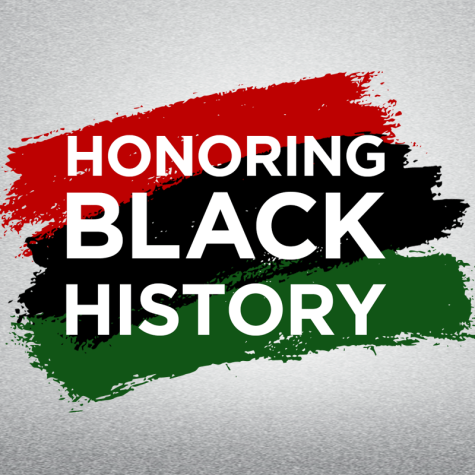Black History; The Impact They Made
Black History; The impact they made
Black History Month
Black History Month was created to focus attention on the contributions of African Americans to the United States. Black History Month is an annual observance originating in the United States, where it is also known as African-American History Month. It began as a way of remembering important people and events in the history of the African diaspora. And now It honors all African American people from all periods of U.S. history, from the enslaved people first brought over from Africa in the early 17th century to African Americans living in the United States today, and in this article, we will be shedding light on the lesser-known figures in black history.
Bayard Rustin; The man behind the March on Washington
What did Bayard Rustin do for the civil rights movement? One of Rustin’s most notable contributions to the African American Civil Rights Movement was his planning of the 1963 March on Washington for Jobs and Freedom. Now popularly associated with Martin Luther King’s “I Have a Dream” speech, this march helped pave the way for the passage of the 1964 Civil Rights Act, along with co-organizing the Journey of Reconciliation in 1947. This was the first of the Freedom Rides to test the ruling of the Supreme Court of the United States in Morgan v. Commonwealth of Virginia that banned racial discrimination in interstate travel as unconstitutional. Rustin was a gay man and right-hand man of Martin Luther King Jr. He was born March 17, 1912, in West Chester, Pennsylvania. Sadly due to criticism over his sexuality, he usually acted as an influential adviser behind the scenes to civil-rights leaders. In the 1980s, he became a public advocate on behalf of gay causes, speaking at events as an activist and supporter of human rights. Later in life, while still devoted to securing workers’ rights, Rustin joined other union leaders in aligning with ideological neoconservatism, and (after his death) President Ronald Reagan praised him. On November 20, 2013, President Barack Obama posthumously awarded Rustin the Presidential Medal of Freedom. Though sadly he had passed away in 1987
Sadie Tanner Mossell Alexander; Inspiration to female lawyers of all races
Sadie Tanner Mossel Alexander was an American lawyer who became the first African-American woman to receive a Ph.D. in economics in the US and the first woman to receive a law degree from the University of Pennsylvania Law School and in 1928, she became the first African-American woman to be appointed as an Assistant City Solicitor for the City of Philadelphia. Alexander was the youngest of three children of Aaron A. Mossell, an attorney, and his wife, Mary Tanner Mossell. Her father abandoned the family while she was still young. Her maternal grandfather was Benjamin Tucker Tanner, sometimes bishop of the African Methodist Episcopal Church in Philadelphia. One of her uncles was the noted painter Henry Ossawa Tanner. Another of her uncles, Nathan F. Mossell, was a physician and surgeon and the founder of Mercy Hospital (later Mercy-Douglass Hospital) in Philadelphia. Later in life, she married Philadelphia attorney Raymond Pace Alexander and had 4 children, 2 of which sadly died in infancy She worked as an assistant solicitor for the city of Philadelphia until she formed a business partnership, the firm of Alexander & Alexander, with her husband. The findings of the civil rights commission on which she served were made public in October 1947. They led Truman to call for a federal law outlawing lynching, and they prompted him to demand more effective statutory protection of the right to vote everywhere in the country, a law against poll taxes, the establishment of a Fair Employment Practices Commission with authority to stop discrimination by employers and labor union, and an end to discrimination in interstate travel.
Lewis Howard Latimer; Brilliant inventor
Lewis Howard Latimer is not a name you hear as much as Rosa Parks or Martin Luther King Jr. But he created something that makes life easier for all of us. Latimer was the son of freed enslaved people, George Latimer and Rebecca Latimer. Lewis Howard Latimer was born on September 4, 1848, in Chelsea, Massachusetts where he lived most of his life until he decided to move to Flushing, New York later on. In 1864, when Latimer was 16, he enlisted in the US Navy during the civil war. After he finished his time in the military he returned and joined the likes of Thomas Edison and Hiram Maxim. Edison liked having Latimer around because of Latimer’s extraordinary talent in the field of electrical engineering. After he helped Edison create the light bulb he created the carbon filament, a part of the incandescent light bulb that makes the incandescent light bulb more effective. Then, Latimer was part of the invention of the telephone and helped patent it. Overall, this man is an unsung hero and made our lives even easier and you may not have known that until now.
Your donation will support the student journalists of DSST - Montview High School. Your contribution will allow us to purchase equipment and cover our annual website hosting costs.

